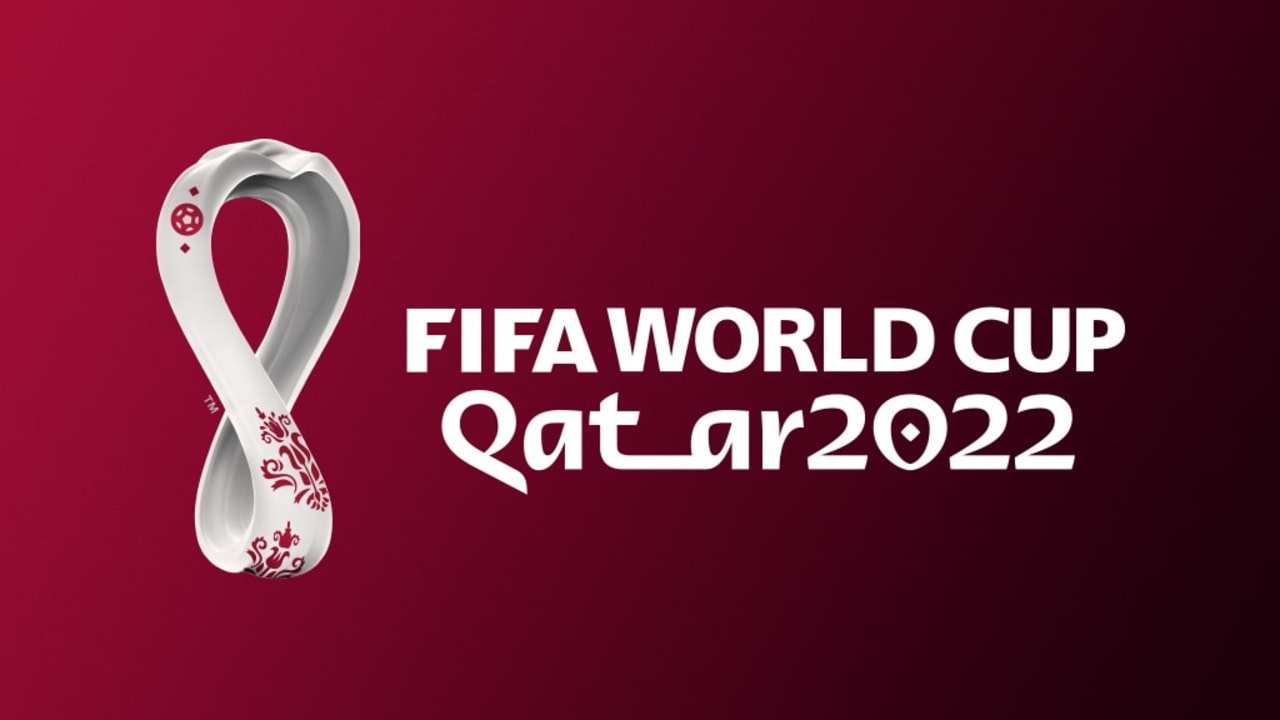The countdown to the 2022 World Cup in Qatar will begin in earnest when the draw for the group stage takes place in Doha on Friday. From that point on, each team can work out how it will navigate its path to the final on Dec. 18. But the tournament promises to be one of the most unpredictable in recent memory, with no outstanding favorite to win the trophy.
The established European heavyweights of Germany and defending champions France will be expected to go all the way, but can Spain or England make good on their potential? Will Brazil or Argentina be strong enough to end South America’s 20-year wait for a world champion? And will Africa’s strongest teams break new ground by reaching the semifinals or beyond?
Here is an early look at how some of the top teams are shaping up ahead of Qatar 2022.
Germany :
Hansi Flick’s team were the first to secure their place at Qatar 2022 [Qatar qualified automatically as hosts] when they confirmed qualification on Oct. 11, bouncing back emphatically from their early exit at Euro 2020 following a round-of-16 defeat against England. And Germany go into Tuesday’s friendly against Netherlands on a run of eight successive wins since Flick replaced Joachim Low as coach, in which they have scored 33 goals and conceded just two.
The four-time world champions can still count on the experience of Manuel Neuer, Antonio Rudiger, Joshua Kimmich, Thomas Muller and Ilkay Gundogan, but emerging stars such as Jamal Musiala, Lukas Nmecha and David Raum are now bolstering the younger element of the squad which already contains Leroy Sane, Kai Havertz and Florian Wirtz, depending on the 18-year-old’s recovery from a recent cruciate ligament injury.
Brazil:
Since losing a friendly against Peru in September 2019, Brazil have lost just twice in 27 games and both of those came against old rivals Argentina. So how strong are the five-time world champions?
Brazil are second in the FIFA World Ranking and their squad has obvious quality in every department. Coach Tite has two world-class goalkeepers in Alisson and Ederson; defenders like Marquinhos and Eder Militao; a midfield including Fabinho and Casemiro; and attacking talents including Neymar, Vinicius Jr., Philippe Coutinho and Gabriel Martinelli.
But Brazil’s World Cup hopes at the last four tournaments have ended with defeat against Belgium, Germany, Netherlands and France respectively, so they will have to find a way to beat Europe’s best to win in Qatar.
France:
On paper, Didier Deschamps’ reigning world champions are the best squad going into the World Cup, but that was also the case at Euro 2020 and they were eliminated in the round of 16 by Switzerland in a penalty shootout. France are unbeaten since that early exit, however, and they returned to form by winning the Nations League against Spain last November.
Goalkeeper Mike Maignan, defenders Jules Kounde and Theo Hernandez, and forward Christopher Nkunku have all made their debuts since the World Cup win, bolstering a squad that already boasted world-class players like Kylian Mbappe, Antoine Griezmann, Paul Pogba and N’Golo Kante. With such quality around, France are likely to be favourites to take home the trophy again.
Belgium:
while Belgium are an ageing force, they are a team of undoubted quality and a favourable draw would give them a shot. And while striker Romelu Lukaku continues to struggle at Chelsea, his formidable record of 68 goals in 101 games for Belgium proves that Martinez has a goal scorer he can rely on.
England:
Under Gareth Southgate, England have become a team that performs at major tournaments after failing to live up to the hype (often self-generated) in so many previous World Cups and European Championships. Reaching the World Cup semifinals in 2018 was followed by runners-up spot, after a penalty shootout defeat against Italy, at Euro 2020. England are on an upwards trajectory and developing into a team which could go all the way this year.
Harry Kane, Raheem Sterling and Phil Foden are world-class attacking players, while Jude Bellingham, Kalvin Phillips and Declan Rice are proven midfielders at international level, but the age-old issues continue to haunt England.
Argentina:
Much like rivals Brazil, Argentina are a traditional South American powerhouse carrying the burden of huge expectation at home, but have struggled to beat the best teams in Europe when the heat is on. They at least go to Qatar having ended a 28-year wait to win the Copa America in 2021 and that success has eased the intense pressure on 34-year-old Lionel Messi to deliver for his country.
Coach Lionel Scaloni has a huge challenge ahead, though, if he is to guide Argentina to a first World Cup title since 1986. Argentina are on a 30-game unbeaten run, dating back to a Copa America defeat against Brazil in July 2019, but the Finalissima [winners of European Champions vs. Copa America] clash against Italy at Wembley in June may give a clearer sense of how strong they really are.
Portugal:
The 2016 European champions must overcome North Macedonia, who have beaten both Germany and Italy away from home in the last 12 months, to qualify for the World Cup via the playoffs this week. But if Fernando Santos’ team confirm their place in Qatar, they will automatically find themselves among the favourites.
Perhaps for the first time since the 2006 World Cup, Portugal’s fate will not be solely reliant on the performances of star man Cristiano Ronaldo. Portugal now have real depth in all areas, including defenders Ruben Dias and Joao Cancelo, midfielders Ruben Neves and Renato Sanches, and an array of attacking quality including Bruno Fernandes, Bernardo Silva, Diogo Jota and Pedro Neto.
But they have to get there first, and it could be the 37-year-old Ronaldo’s final chance to win the World Cup.



